05 Apr Let’s Talk About Purposeful Play
I am so excited to share that in a week or so my new book (with Alison Porcelli and Cheryl Tyler- play gurus and authors of this handy book on choice time) about PLAY will descend upon this fine earth!!!! Now, listen, there is nothing I like to do more in advance of a new book coming out then have imaginary conversations of excitement and anxiety in my head. As a matter of fact, if you wake up at 3 AM to go to the bathroom, please rest assured that I am staring at my ceiling trying to execute everything I learned while writing A Mindset for Learning.
So, in the hopes of getting the word out about the book, and also maybe stop communing with my ceiling in the wee hours of the morning, I thought it might be nice to put out a post that conquers some of the big questions I imagine you might have about the book:
Let’s Start From The Top, The Title:
What is purposeful play, you might ask? Is some play purposeful and some play, well, not? Wait does that mean there is good play and bad play? Is this book about that?????!?!?!?! Okay, well, no. We talked long and hard about this title and here is the big idea we hope to communicate with this title: ALL PLAY IS PURPOSEFUL even, brace yourself, the play that looks purposeless to us as adults. Because, it is not about us, it is about what play does for children and ALL play has a purpose for children. My husband, who plays in bands, spends hours strumming in a seemingly mindless way on his guitar. To the casual observer this may look purposeless, but in fact, it is the way he stumbles upon the riffs that then become songs, which is in fact, his job.
Likewise, the child who might be stacking blocks meticulously, or playing a game of superheroes on the playground, or even crumpling paper and uncrumpling it to see what it feels like is doing SOMETHING. Each of those acts has a purpose and value to the child. We have to change the narrative of play from something “fun” or “cute” or “for when work is done” to one of play (all play) being purposeful and meaningful for the joyful intellectual and social development for children. In the book you will see pictures of children goofing off, building. pretending to be knights and we know that each of those things has a deep purpose in the classroom, and makes all teaching and learning more powerful. That is one of the main reasons we open with research and keep it embedded throughout the book. There are biological and sociological reasons that play exists in the world, that it is IMPERATIVE that we support it in our schools and in our society. Play is deeply purposeful, it is purposeful play.
For us, it was about choosing a title that is also a lens, once you name something as purposeful, you start to see its value. Alison shares this anecdote:
“I remember hearing a comment from an acquaintance when Preston (her son) was 6 months old. They had a 6 month old too and talked about how their 6 month old doesn’t do anything.. He just bats at his activity gym, and they just leave him alone to do it. And I remember thinking.. How differently we view these things!! (Of course we were writing a book on this topic so my mind was geared up) I remember watching Preston “bat” at his activity gym and marveling at how he was really figuring out cause and effect.. “When I hit this it makes a noise!” Once we are aware of the purposes we react differently. While they left their child alone…Tom and I narrated what was happening and then introduced other toys on the gym that made different noises or moved in different ways.”
Our goal of this book is that every teacher in every school see that play is purposeful and necessary and seek to provide ample time for it for every child. (and by the way, we don’t say play is just purposeful for 5 year olds- this book is for the teachers of older kids as well!)
Okay, so Play is Purposeful, but Why Do I Need a Book About it?
If you are new to open-ended play, this book will help you get on your feet, but that’s not all. Maybe you already honor and encourage open ended non-scripted play in your classroom and school, and you know lots of research about it, but maybe (like me) you are not always so sure what to do besides just watch, or maybe you feel like you are running around solving problems. Or maybe you don’t know how to respond when kids say they are bored, or you have two children who just stare at each other. It is a fallacy to think that kids come to school knowing how to play collaboratively. Many do, but also some don’t. It’s also a fallacy to think that we teachers always know the best ways to support kids emotional development. Its not something always covered in teacher education.
Its true that some kids don’t come to school with well developed social emotional skills, or their behavior is at odds with working in a community. We would never look at a struggling reader and punish them. Rather we design thoughtful instruction to support them. So how come we punish kids struggling with social skills of being in school? We can design thoughtful instruction in play to help kids learn to negotiate, problem solve, build empathy, develop a growth mindset. And play is where kids learn how to be with others best. Research has shown social emotional skills to be a better predictor of long term success than academic skills– and (good news!) they can be taught, and (better news!) play is the best place to develop those skills. Our second section deals with all of these topics.
Wait, Did You Say “Thoughtful Instruction?” Should I Really be Teaching Into Play?
Ah, good question 3 AM brain. What does it mean to teach into play? So here is what it is not: telling kids how/what to play. We offer teaching sessions in the book that are NOT a program, but rather an if/then. For example, if your children are coming to you to resolve problems, then you might want to teach this problem solving routine. Or, if your kids are melting down when the blocks fall, then you might want to teach these reflection questions.
My classroom community runs smoothly because we used play as an opportunity to teach big ideas like sharing and turn taking that we need as a SOCIETY, but also in school. (Personal aside, maybe Donald Trump didn’t have many chances to play?)In addition, we also show some classrooms where play is happening and teachers are supporting it to help you get a sense of what it might sound like when you use storytelling or inquiry to teach big ideas about play and community. We call these parts “Peek Inside A Classroom.”
Alright so, reasons for play, setting up an environment for play, using play to teach social emotional learning, what else is in this book?
This brings us to our last section- the play in work. So, Stuart Brown, who wrote Play, talks about how play is a mindset, not an action. Its why when people encounter tricky things they might say “oh, I have to play around with it for a bit.” If we can help work feel like play, then children will bring their free-est, most resilient, most joyful self to the work. I have a kindergartener who approached a small group that was writing and asked, “Can I play too?” It is not just gimmicks that make this happen (though those can help when needed) but rather infusing all parts of the day with a celebration of joyful interest, kid created materials, and a sense of inquiry.
If you are curious and want to get a better sense of the book, you can read the first chapter here. You can also join us for a twitter chat on 4/6 (#tcrwp) and 4/14 (#g2great). We’ve also got an informational webinar through Heinemann on 4/21. In short, we’ll be everywhere talking about PLAY!
And if you are interested, I have some books to give away. Leave a comment and I will randomly choose 2 names to send a book to!

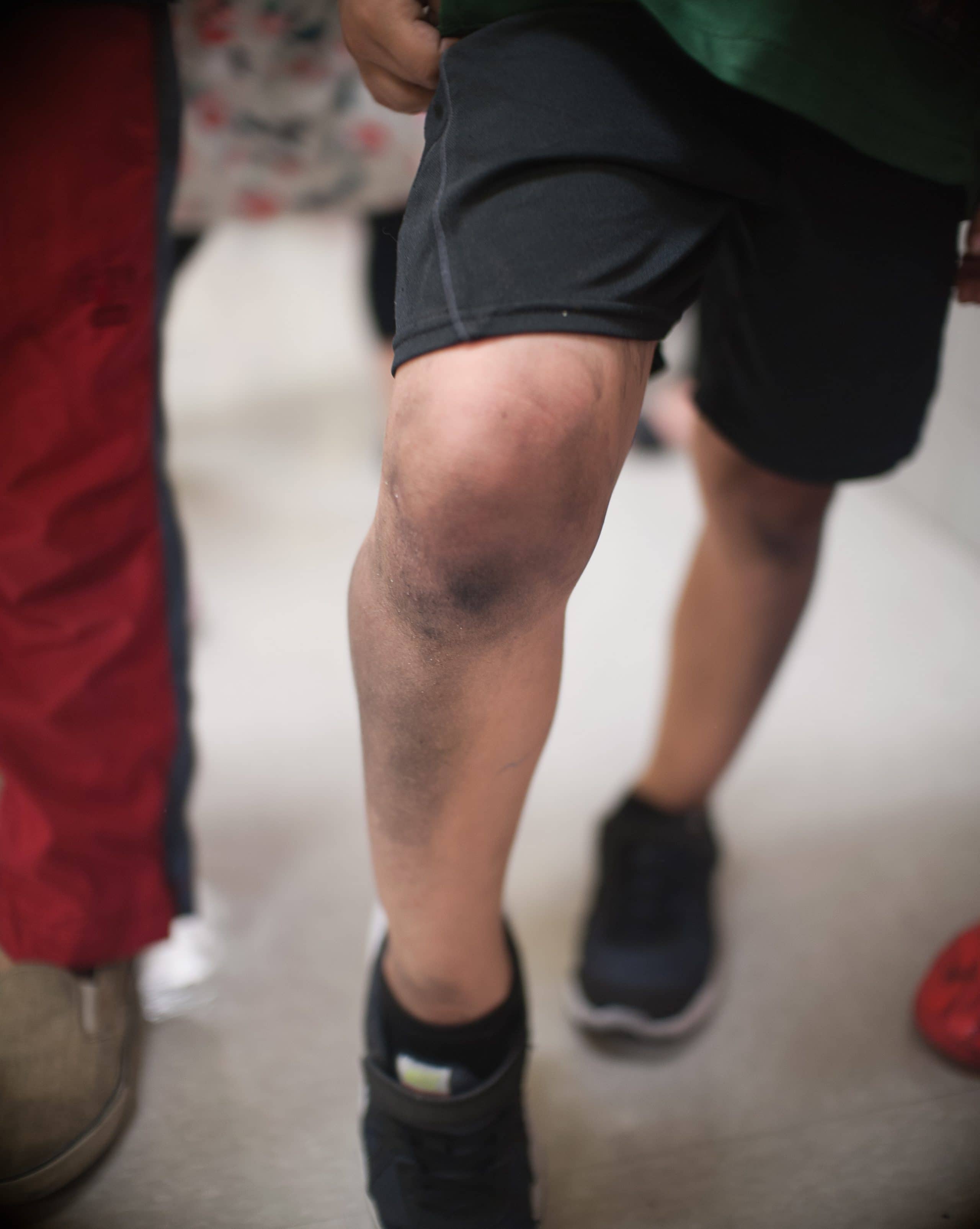
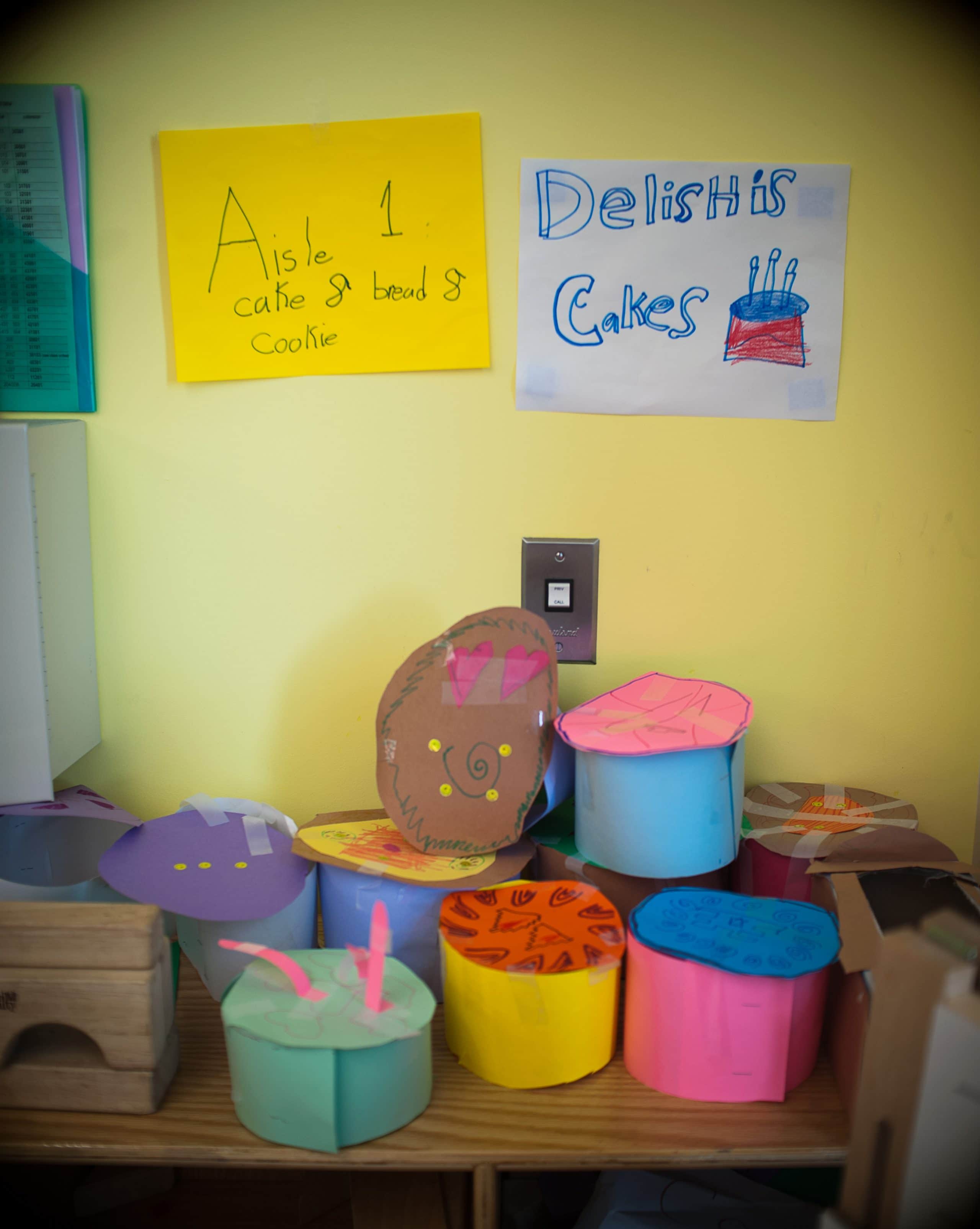
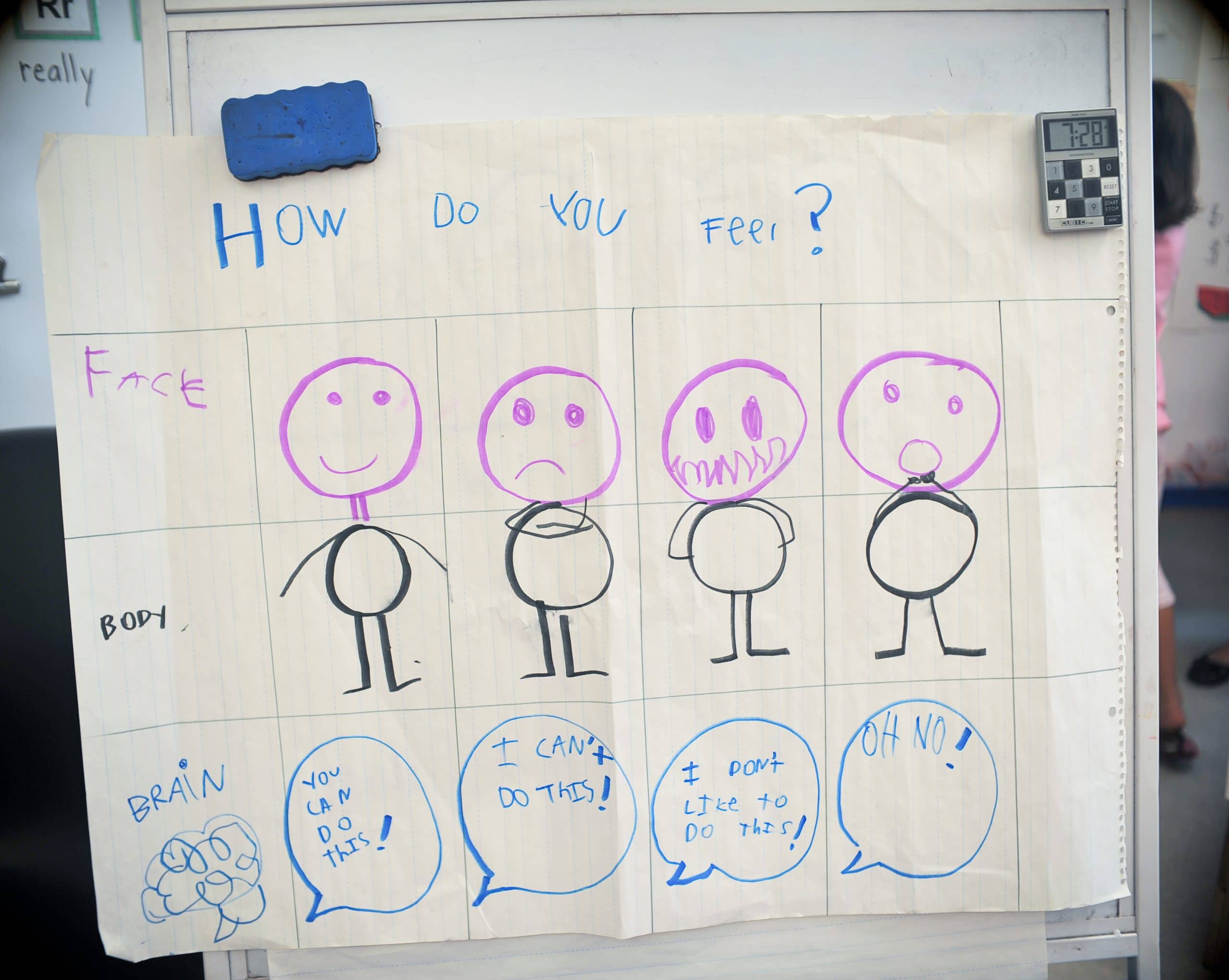
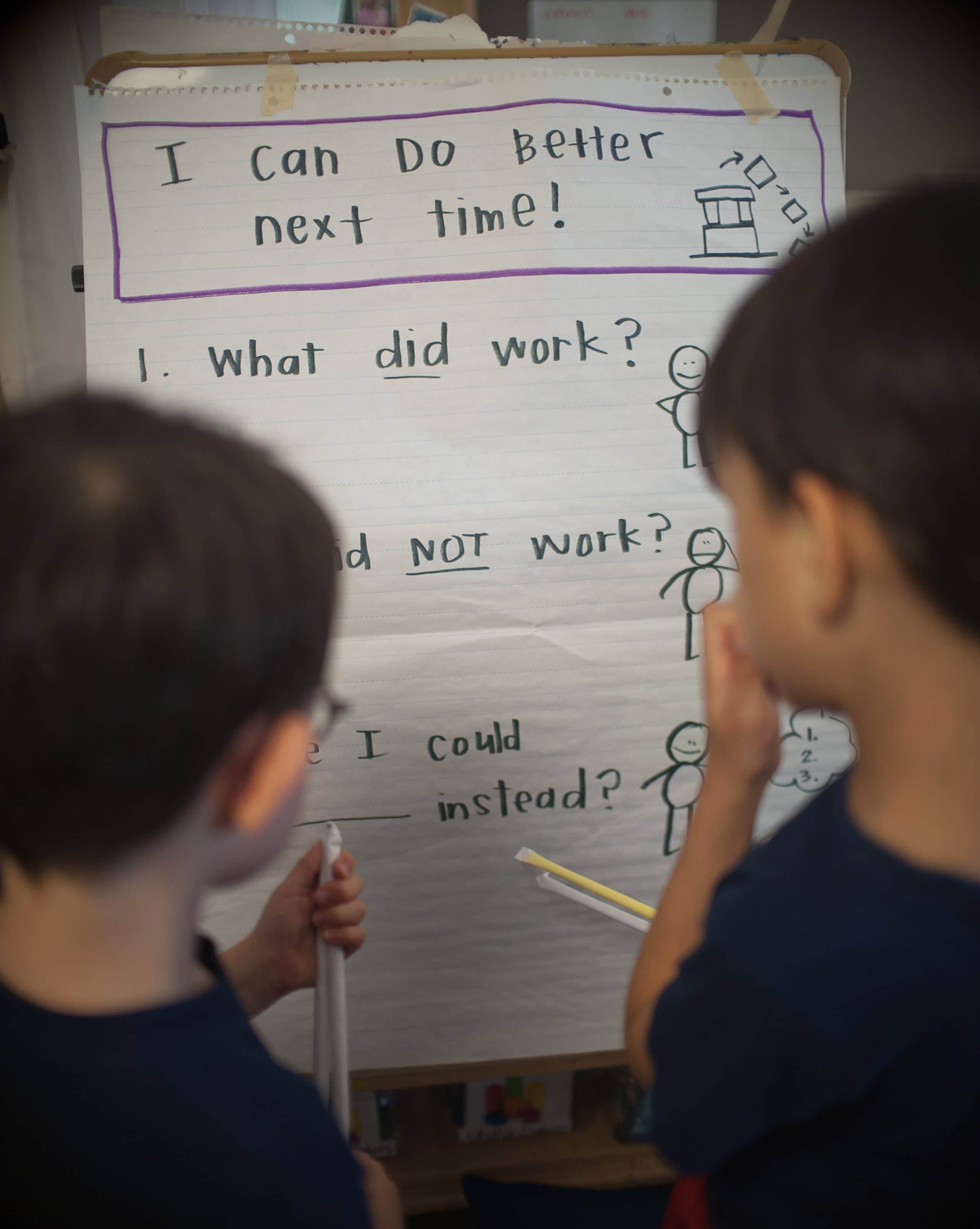
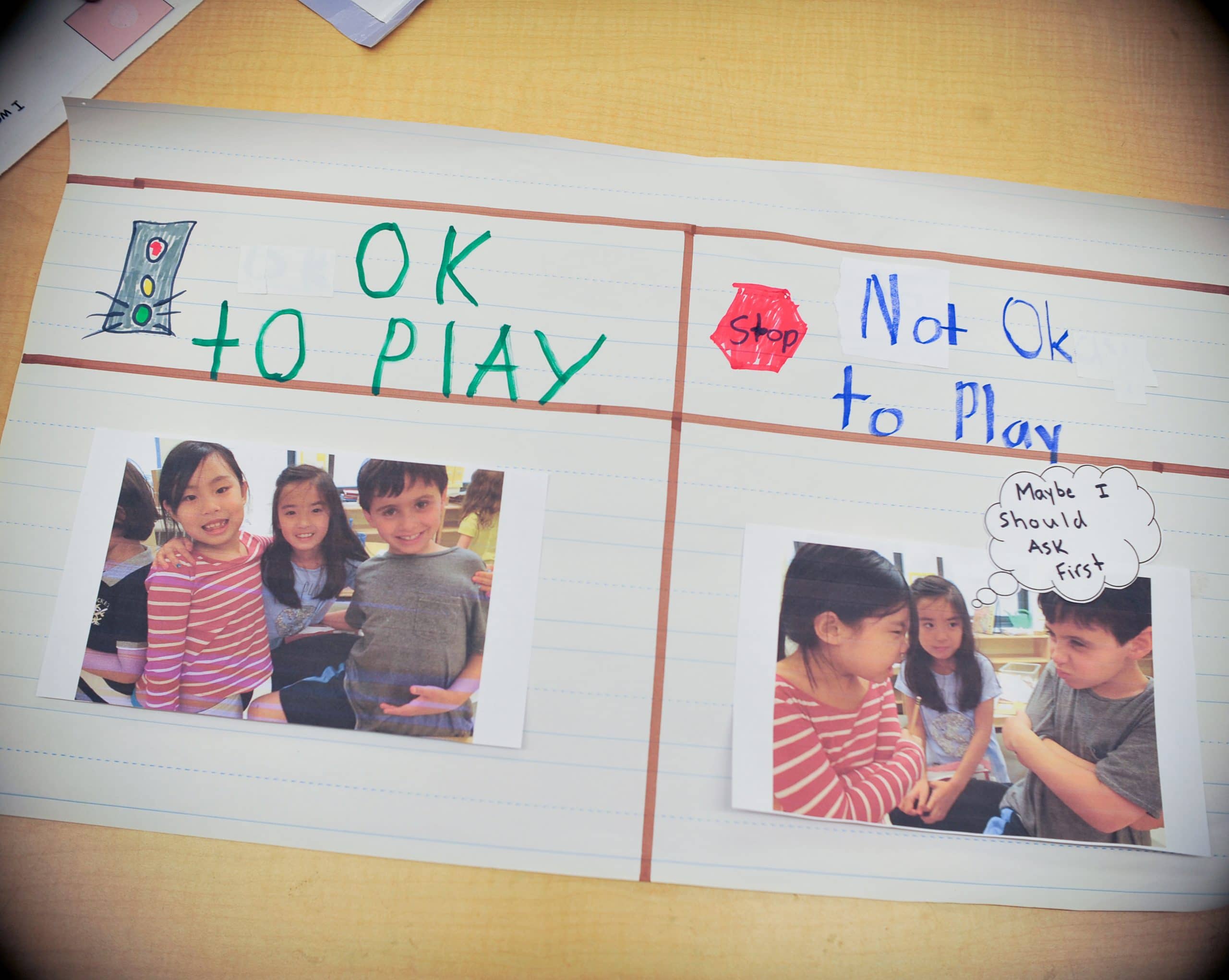
linda minor
Posted at 22:58h, 05 AprilThanks so much for this post. I teach Kindergarten, and it is a constant battle to make sure that we give the children that choice time (that really is a choice for them—not something that we tag on and give it that name. I feel that we set the table, and then let the children fill their plates in the way that is most appetizing for them on that particular day. We can give them options that fulfill our academic need while fulfilling their need to play. Don’t you love that word…PLAY!
kristimraz
Posted at 16:38h, 06 AprilSo TRUE- and a great analogy!
Pingback:Let’s Talk About Purposeful Play | linda minor
Posted at 23:00h, 05 April[…] Source: Let’s Talk About Purposeful Play […]
Jessica
Posted at 23:02h, 05 AprilI can’t wait to read this book! I’ve been hooked in your blog and am excited to learn more!
kristimraz
Posted at 16:37h, 06 AprilThanks so much for commenting (and for reading the blog!)
Irishday
Posted at 14:08h, 01 MayI need your book! I moved from teaching Kindergarten for 5 years to a Preschool room for older children (4 & 5 y/o). I find myself using too much direct instruction and not providing enough play for learning time. The behaviors in my classroom are telling me this too as they don’t want to listen, just talk with each other. Some days I am very frazzled and this shouldn’t be. Our school has the typical play areas but I don’t know how to bring in new props to explore themes. Kindergarten was very structured in my last job so I have lots to learn about learning through play and am looking for help through preschool blogs. Appreciate your research and help. -Terri
Sue G
Posted at 23:04h, 05 AprilI am looking forward to reading more on this topic. I have often times seen my 4 year old students so actively and inventively having wonderful play experiences with the random things I add in center, but I would really like to develop more thought provoking play experiences with more open ended things. I am using a lot of loose parts types of activities this year and love listening and watching what happens within my classroom. Thanks for the opportunity to receive your book.
kristimraz
Posted at 16:36h, 06 AprilSounds great! The open ended work with loose parts really changes the dynamic! Good for you!!!!
Sharon Cuaresma
Posted at 23:43h, 05 AprilExcited about this book and look forward to ways I can capitalize on all play!
Katie Zuehlke
Posted at 23:48h, 05 AprilI Love this!!!! I can’t wait to read the book! I’d love to share a copy! Nice work!:)
kristimraz
Posted at 16:35h, 06 AprilThanks for commenting! We look forward to hearing your thoughts!
Jeannette Rodricks
Posted at 00:50h, 06 AprilConsider me for a free book!! I’d love to read it and participate in the twitter chats!
kristimraz
Posted at 16:34h, 06 AprilThanks for commenting! I will be in your district this summer!!!!
PAteacher1993
Posted at 01:13h, 06 AprilI can’t express how excited I am to see that play is emerging again as a meaningful component in the life of the whole primary student. Purposeful play is a powerful device for development and learning, but for many children it needs to be guided and encouraged. I’ve so enjoyed reading this blog and look forward to the twitter discussion and the book. TY
kristimraz
Posted at 16:33h, 06 AprilThanks so much for your comment, I agree- it is so exciting that is becoming a more visible conversation for ALL kids!
Katie Zuehlke
Posted at 01:35h, 06 AprilThis is wonderful!! I can’t wait to read the book!
carolynhelmers
Posted at 01:41h, 06 AprilI can’t wait to read your book! Play is at the forefront of my mind and I am fighting to bring it back to our schools! Thank you in advance for writing a book I know I will LOVE!
kristimraz
Posted at 16:31h, 06 AprilGood for you! Sending you lots of good thoughts for making the change!!
Tom Marshall
Posted at 01:41h, 06 AprilI can’t wait to read more about this! I see it in my own kids and the kids at school. Too often, we adults (mis)interpret the play…and aren’t we teachers just tired of the world misinterpreting our work too? i know this post will make me read my own kids’ play more carefully!
kristimraz
Posted at 16:30h, 06 AprilRight? It is so easy to assume we know what the child is doing/trying to do, but its been a long time since many of us were kids- and you are right- our own experience of being misunderstood as adults may help us be more empathic to this in kids.
Meghan
Posted at 02:10h, 06 AprilI’m so excited to read this as a teacher and a mom!
keitheduardo
Posted at 02:28h, 06 AprilThis was a fabulous sneak peek into the book, Kristi…and has brought to mind how necessary (and urgent) it is to think about, define, and honor play not only in school, but in LIFE. Will there be a purposeful play book coming out for adults, too? 🙂 I look forward to reading more!
Keith
kristimraz
Posted at 16:29h, 06 AprilHa! But also- yes, adults need this book! Play by Stuart Brown does an amazing job of reframing play for adults- its on my must read list! Thanks for commenting!
Norah
Posted at 05:25h, 06 AprilCongratulations on the forthcoming publication of your book about play. Play is an essential ingredient for learning. In fact I have posted about play just this week (and many times before) http://wp.me/p3O5Jj-GV. I can see that your book would be a useful resource for teachers who are not experienced with child-directed play in the the classroom. I love your book’s tagline “Igniting Deep and Joyful Learning Across the Day”. Your first chapter shows teachers how they can rigorously meet the Common Core standards while encouraging children to play. I have some concerns about the standards expected with Common Core, but I am not in the US. With your permission, I will share your post on my blog later in the week.
I wish you, and teachers reading it, success with your book.
kristimraz
Posted at 16:28h, 06 AprilThanks so much! You are welcome to share it! Where are you located?
Norah
Posted at 11:08h, 07 AprilI’m in Brisbane, Australia. Thank you for your generosity. 🙂
lisabeisellinn
Posted at 12:14h, 06 AprilGreat post, Kristi! I wish my 3AM musings were so coherent! Congratulations on the new book. Play has been given short shrift, and I hope your book helps remind us all of the value of play.
kristimraz
Posted at 16:27h, 06 AprilHope all is well Lisa! Well, I mean some 3 AM ramblings, though also I sometimes send random emails that make no sense 🙂
Dana Murphy
Posted at 14:05h, 06 AprilThis is amazing. I can’t wait.
I think I’m more interested in this book as a parent than as a teacher – is that fine?? My daughters are four and six and, man, I love to watch them play. I’ve never thought about teaching into it though! Duh.
I’m only half-kidding about being more interested as a parent – I can imagine this book will change the way I view our kindergarten and primary grade classrooms, especially. (I’m an instructional coach.) I would love to read this and then maybe do a book study with our teachers!
kristimraz
Posted at 16:26h, 06 AprilNo, for real. I look at kids on the playground so differently now– “what do they understand about the world? what are they trying to understand?” it makes for some fascinating study!
Maria Libby
Posted at 15:11h, 06 AprilI would love to do a book group study with my primary teachers on this book – this is exactly what we’ve been talking about all year!
kristimraz
Posted at 16:25h, 06 AprilOh awesome! We think it has a lot of actionable strategies in it- as well as theory and research- we will be excited to hear your feedback
snohoval
Posted at 01:18h, 03 MayI have just asked to lead a book study with our district K teachers — would love to peek in on others studies! 🙂 If you have done an online study please share.
Sheri
Posted at 15:47h, 06 AprilI can’t wait to read it!
Sarah
Posted at 15:53h, 06 AprilI’m really looking forward to your book. I am watching a group of young kindergarteners struggle with the more structured parts of the day. I am intrigued by the idea that all play is purposeful because sometimes I am judgy….
kristimraz
Posted at 16:24h, 06 AprilHa! Well as long as its actual play, its purposeful. Sometimes people call “busywork” play, and that is something different entirely!
gemoemd@d11.org
Posted at 16:00h, 06 AprilThank you for sharing this. It is such an important message in light of todays educational system. Play is essential to our children’s learning and somehow we have moved away from it at the primary level. I appreciate your post greatly!
kristimraz
Posted at 16:22h, 06 AprilThank you! And sometimes I think we forget that all kids (and adults!) benefit from time to play!
Jill
Posted at 16:18h, 06 AprilI am so excited to read more! I was just talking last week with my teammate that next year we need to incorporate more play into our classrooms. Kindergarten in our district has moved to all day. It started as very academic in the morning and afternoons were more theme based around play. Through the years academics have taken over and left limited time for play. We need to get back to a balance as I truly believe our little ones learn so much through play. The more research out there to back why we play in Kindergarten helps reinforce this with administration! Thank You!
kristimraz
Posted at 16:22h, 06 AprilThanks for your comment! Sounds like you are on the way to making an important shift!
Carrie Hogan
Posted at 18:15h, 06 AprilI heard you speak about your Growth Mindset book in my district, Cherry Creek Schools in Colorado, and was inspired to create a PLC around the work. I hope you come back to see us and share your ideas on play!
Amy Jones
Posted at 19:30h, 06 AprilI am a big believer in play. Not only does it help the children, but it gives teachers insight to children’s lives. Children learn best in an environment which allows them to explore, discover, and play. Through play, they are cognitively engaged and exposed to those social-emotional behaviors that help them develop language. As a teacher, my favorite part of play is listening to the conversations and observing the children’s actions. I have worked in a variety of schools with different needs. Sometimes when you need to learn more about a child or cannot figure out how to help them, observing their play can give you the means to understand their cognitive development. As teachers if we are structuring lessons with developmental appropriateness and providing play, our students will build an incredible academic foundation and love for learning!
Carol Cook
Posted at 22:47h, 06 AprilI loved the sample chapter! I work as an instructional coach in a primary (4 yrs – 2nd gr) school and we believe in all kinds of authentic experiences to facilitate learning. AND our district has brought Barbara Blackburn in to talk about rigor. I LOVE that the book quotes her definition and agree with it totally. Play can facilitate high level thinking for sure. Thanks and I can’t wait to read the book. I think our teachers will be very interested, also.
Christine
Posted at 00:48h, 07 AprilLooking forward to your new book! Your blog is the inspiration I need to keep learning and growing…keep up the GREAT posts! I’m fortunate to be working with a student teacher that helps me to better incorporate play into our very academic day. It has been lots of fun…for the kiddos and me!!
Christine
Tiffany
Posted at 18:03h, 07 AprilGreat read and twitter chat last night. I agree that we need to teach play just like we teach reading and writing. Let’s start conferring with students during play instead of using this as a time for teachers to get work done. This teaching is so valuable to all areas of social emotional and academics. Can’t wait to read the book and learn more.
Norah
Posted at 03:16h, 08 AprilReblogged this on Norah Colvin and commented:
Earlier this week I shared a post and a new book, The Importance of Being Little by Erika Christakis, about the importance of play for young children.
Today I wish to share another post and another new book about the importance of play. This book by Kristi Mraz, Alison Porcelli, and Cheryl Tyler is called Purposeful Play with the tagline Igniting Deep and Joyful Learning Across the Day.
These three teachers begin by stating that all play is purposeful and explain ways of honouring children and their play throughout the day in early childhood classrooms. This book is full of practical ideas for teachers who want to incorporate more play to foster children’s learning and maintain their enthusiasm for and enjoyment of it.
If you wish to incorporate more play into your teaching day, either of these books will provide ideas to get you started.
Pingback:Let’s Talk About Purposeful Play | Norah Colvin
Posted at 03:24h, 08 April[…] I wish to share another post and another new book about the importance of play. This book by Kristi Mraz, Alison Porcelli, and […]
Dawn Canova
Posted at 02:04h, 10 AprilYou leave me wanting to do oh so many more minutes of play in my kinders world! I learned so much from Mindset for Joyful Learning, it makes me want to have a do over for this year and I know Purposeful Play will inspire myself and others in the same way! Thank you for collaborating with others through your books and your posts, they’re often the whisper I need on a day I feel alone in my beliefs about what’s best for my little thinkers.
Meghan
Posted at 14:47h, 10 AprilYou have made me very curious to learn more about play in the classroom.
Linda Probert
Posted at 12:42h, 11 AprilI was a kindergarten teacher for several years and free play was a big part of our day- now I teach our future teachers and my biggest soapbox is the value of play. It is in direct contrast to what many see when they go to field experiences in schools. I am pounding it in their heads and I hope it sticks.
Julie Dwyer
Posted at 09:55h, 12 AprilYeah! I am so glad you wrote this book! I am a veteran teacher who went from middle school to kindergarten this year. I had planned on having a project based classroom with lots of open ended play. What I found instead was a very worksheet driven academic space. I am not happy and my classroom is not the joyful learning space that I want it to be. You are giving me hope that I can find a good way forward because I would like to stay in kindergarten, but not without some positive changes. Thank you!
Nancy Duffy
Posted at 12:29h, 12 AprilI love this topic. As a new to kindergarten teacher this year (former reading teacher), I have been spending quite a bit of time and observation trying to make my center time (choice time) better. I have been amazed by my “players” in my classroom, I have literally given up “control” during center time. My students are the experts, and I find myself the assistant to their learning. I am always hearing “Mrs. Duffy we need this, this and this…so we can do this. this and this.” Usually I am fulfilling supply lists for their ideas, but I am more than happy to do it, and offer the occasional suggestion. Looking forward to your book.
Tracey Bleakley
Posted at 16:48h, 12 AprilLove this! I can’t wait to read it.
Debbie Kosman
Posted at 15:26h, 24 AprilThis book comes at just the right time. I am feeling the constant push to do more academics in Kindergarten, but I know inside my heart that choice time is equally important. I am looking forward to reading your book and learning more about how you think about play, as well as how you focus on and teach the important social and growth mindset skills while the children are playing. I find your charts and the way you break down skills very insightful.
Carrie Schulz
Posted at 15:38h, 25 AprilI am so excited to read your book! Celebrating the importance of play is greatly needed in our push, push, push society. Unfortunately, this message has been lost and needs to be reintroduced to parents, teachers, administrators, and legislators. Play is a child’s most important work!
Amy Klebaur
Posted at 15:55h, 02 JulyThis was a great post, going o look for this books. My kinders definitely need more play time!
Loralee
Posted at 07:12h, 05 JulyI’m hoping Chapters Indigo in Canada will start selling this book! Challenging through Amazon Canada too! So I think my cousin in Maine is going to order it for me and bring it over on her next trip! I’ve been learning so much just from posts/tweets/reviews! I’m looking forward to digging into this book! (“A Mindset for Learning” was classroom changing! I’m learning so much from you!)
Donna Rowland
Posted at 16:29h, 23 JulyI am excited to explore your book. I struggle with infusing CCSS inton0lay. My colleagues and I hope to use this book for a book study this year.
Becca
Posted at 23:04h, 07 AugustKristi,
Just found your blog, thanks to Shanna Schwartz of TCRWP. I’m one of the people who has believed in powerful, purposeful play for a very long time. I work in a school that has afforded me the professional freedom to do what I do best, but it has been lonely. I’m looking for community and would LOVE it if you could up date your blog. I’d join the conversation.
Reyna Kinsey-McCune
Posted at 15:20h, 22 SeptemberI’m not a teacher; but I’m a foster mom… and I am so intrigued by this blog! Looking forward to reading the book and helping these young foster children grow into successful adults!
carol cook
Posted at 01:35h, 01 NovemberThanks so much for this important work. As a Kindergarten teacher, I am constantly going back to “free Choice, Play, Purposeful Play, does it need to be totally directed or just plane old fashioned interactions”? Looking forward to the read!
Pingback:The Importance of Purposeful Play in Early Education – Landmark360°
Posted at 19:04h, 31 July[…] “We have to change the narrative of play from something ‘fun’ or ‘cute’ or ‘for when work is done’ to one of play (all play) being purposeful and meaningful for the joyful intellectual and social development for children,” writes Kristi Mraz, author of the book Purposeful Play. […]
Nancy Lisi
Posted at 23:39h, 16 OctoberCan’t wait to get copies for myself and my team! We work at an Ontario Early Years Centre, teaching parents and caregivers about how their children grow and learn while engaging in play with their young children in the early learning environments that are full of playful learning! Thank you for putting your thoughts, ideas and expertise into print for others to enjoy and benefit from.
kristimraz
Posted at 18:05h, 18 OctoberThat is so wonderful! Keep us posted in how it goes!